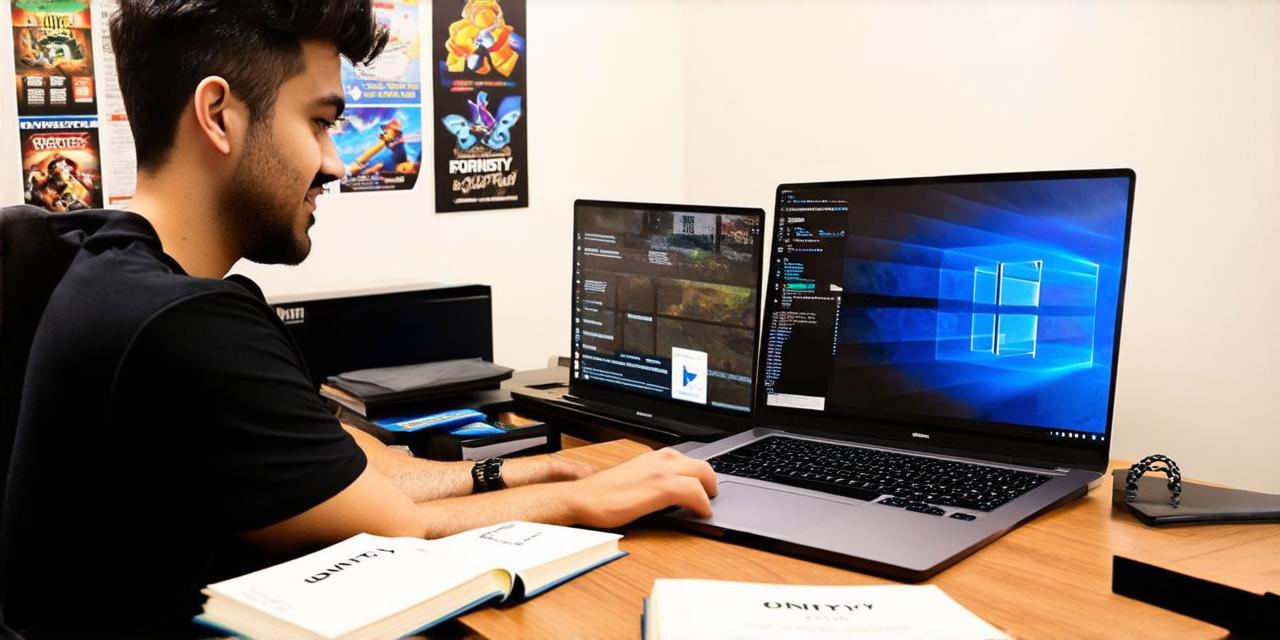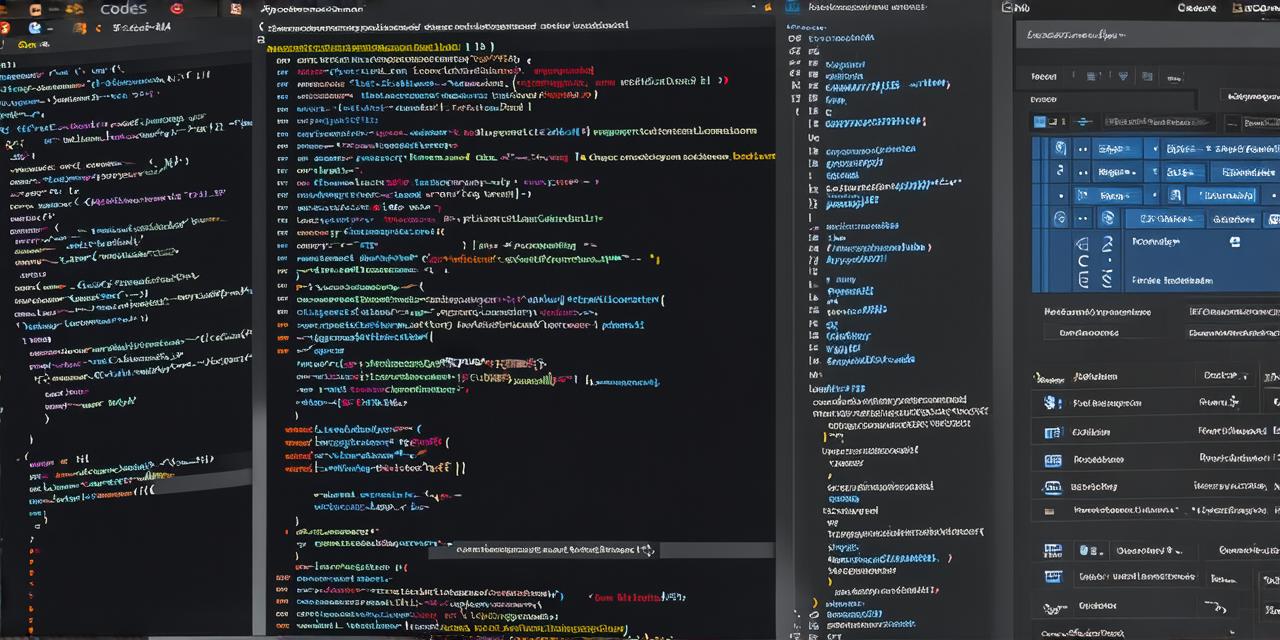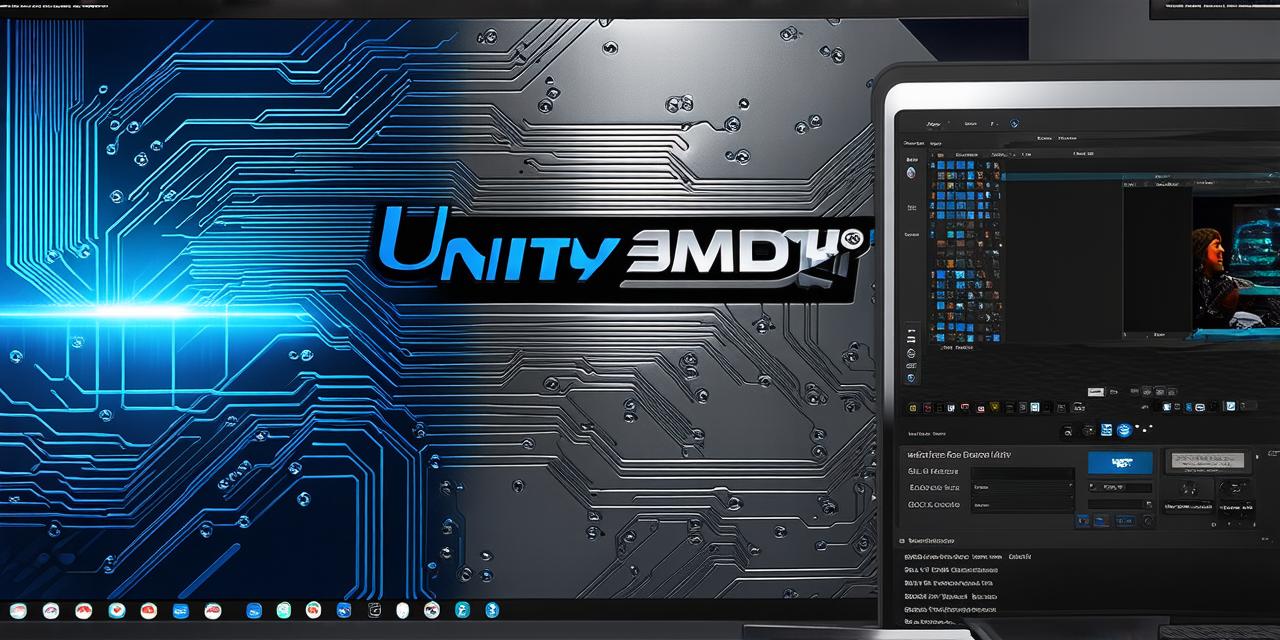Unity is a powerful game engine used by developers of all skill levels to create 2D, 3D, and AR/VR games. With its intuitive interface and vast resources, Unity has become one of the most popular game engines on the market. However, for those who are new to game development, learning Unity can be a daunting task. In this article, we will explore the possibility of learning Unity in three months and provide tips and strategies to help you succeed.
The basics of Unity

Before diving into the advanced features of Unity, it’s important to have a solid understanding of the basics. This includes understanding the Unity editor, scripting, and game objects. You should also familiarize yourself with C, as this is the primary language used in Unity development. By mastering these basics, you will be well on your way to creating your first simple games.
Online resources
There are countless online resources available for learning Unity, including tutorials, videos, and forums. These resources can be a great starting point for beginners, as they provide step-by-step instructions and examples. Some popular online resources include the official Unity documentation, Udemy courses, and Stack Overflow.
Practice makes perfect
One of the best ways to learn Unity is by practicing. You should create small projects that build upon each other, gradually increasing in complexity as you gain more experience. This will help you apply what you have learned and identify areas where you need to improve. It’s also important to seek feedback from others, whether it be through online forums or local meetups.
Join a community
Joining a community of Unity developers can provide valuable support and resources. There are many online communities, such as the official Unity forum and Reddit groups like r/unity3d. These communities offer a place to ask questions, share ideas, and receive feedback from experienced developers. You may also consider joining local meetups or attending conferences to network with other Unity developers.
Consistency is key
Finally, consistency is key when learning Unity. Set aside dedicated time each week to practice and work on your projects. This will help you stay on track and see progress over time. Remember that learning Unity takes time and patience, but with dedication and practice, you can achieve your goals.
In conclusion, while it may be possible to learn the basics of Unity in three months, mastering the more advanced features will take longer. By practicing, seeking feedback, joining a community, and being consistent in your efforts, you can successfully learn Unity and create your own games. With perseverance and dedication, the possibilities are endless.




